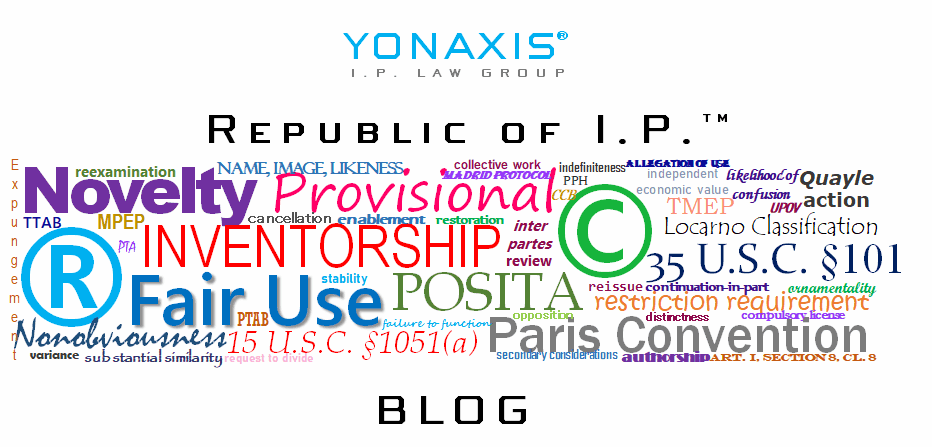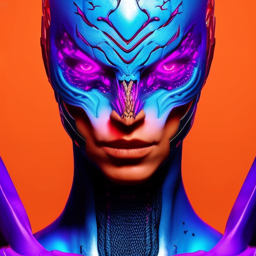In order to clarify policy-related issues involving artificial intelligence and the copyright law issue of authorship, the U.S. Copyright Office, on March 16, 2023, commenced an AI initiative. Included in this initiative was new registration guidance (to be codified as 37 C.F.R. §202) aimed at assisting practitioners and industry members on protection of creative works which are AI-generated content.
The key points to the guidance include:
- Copyright claimants have a duty to disclose whether their works are products of an AI-generation software program when submitting a new application for registration;
- Human authorship remains copyright statutory and regulatory requirement;
- On a case-by-case basis, new applications with AI-generated creations will be assessed whether there is sufficient selection, arrangement and coordination by a human author independent of the AI-generation software to qualify for “authorship,” and if so, the work will be registered with a human author;
- If the work is created by an AI-generation software, a new applications must indicate how much creative work was contributed by a human;
- Only AI-generated created works that is more than de minimis needs to be disclosed. In other words, brief quotations or short phrases of pre-existing works would not need to be disclaimed by the human author;
- Applications that have already been filed will need to be amended if it contains any AI-generated content;
- For registered works, a supplementary registration will need to be filed disclosing any AI-generated content. Failure to do so will result in loss of registration rights.
AI continues to perplex legal practitioners and policy makers, especially in I.P. and copyright. For more information, please contact Yonaxis I.P. Law Group.

